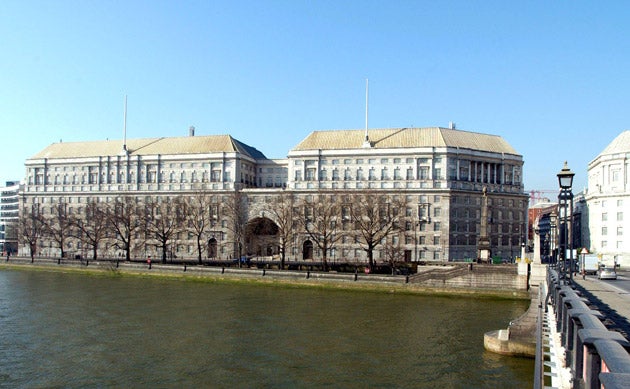MI5 ‘forced my mother to marry my double-agent father’

The son of a double agent is appealing to the Government to force intelligence chiefs to reveal the files it holds on his father, as he believes his mother married him on the orders of MI5.
François Grosjean, emeritus professor of psycholinguistics at Neuchatel University, Switzerland, has been fighting a decade-long battle to find the truth about his parents.
Professor Grosjean is convinced that he and his sister were the “unwanted consequences” of his mother being used to spy on his father, whose codename was Fido.
Roger Grosjean was a French fighter pilot who fled to Britain during the Second World War. When British intelligence discovered he had been approached by the Germans to steal a plane and fly it back to France, they recruited him as a double agent.
As with other spies after the war, Roger Grosjean went back into normal life, and obscurity. He died in Corsica in 1975. It was not until almost 30 years later, when his stepmother gave him a box of old papers, that Professor Grosjean started to learn of his father’s work for British intelligence.
An initial approach made to MI5 in 2004 was met with a carefully worded statement: “We are not in a position to say whether we hold a record for your father. Any record we might have would be unlikely to be releasable in the foreseeable future.”
After his mother died in 2009, the discovery of information about her relationship provided “indications that she might have been asked by the Security Service to take on the role of surveilling my father, either before or after the beginning of their relationship”.
The academic cites how his mother, Angela, took his father’s name within months of meeting him, got a swift divorce from her first husband, and was allowed to travel to Paris in March 1945, shortly before the end of the Second World War.
Professor Grosjean believes that “what was supposed to be a simple ‘surveillance relationship’ started to have important personal implications”. However, he said they “lived only three years together before they separated and obtained a divorce”.
The Home Office said: “It is a longstanding policy neither to confirm nor deny whether an individual was ever an agent.” Asked whether MI5 had ever used women to get close to people they wanted to keep an eye on, it replied: “We would not comment on any operational matters – past or present.”
Join our commenting forum
Join thought-provoking conversations, follow other Independent readers and see their replies
Comments